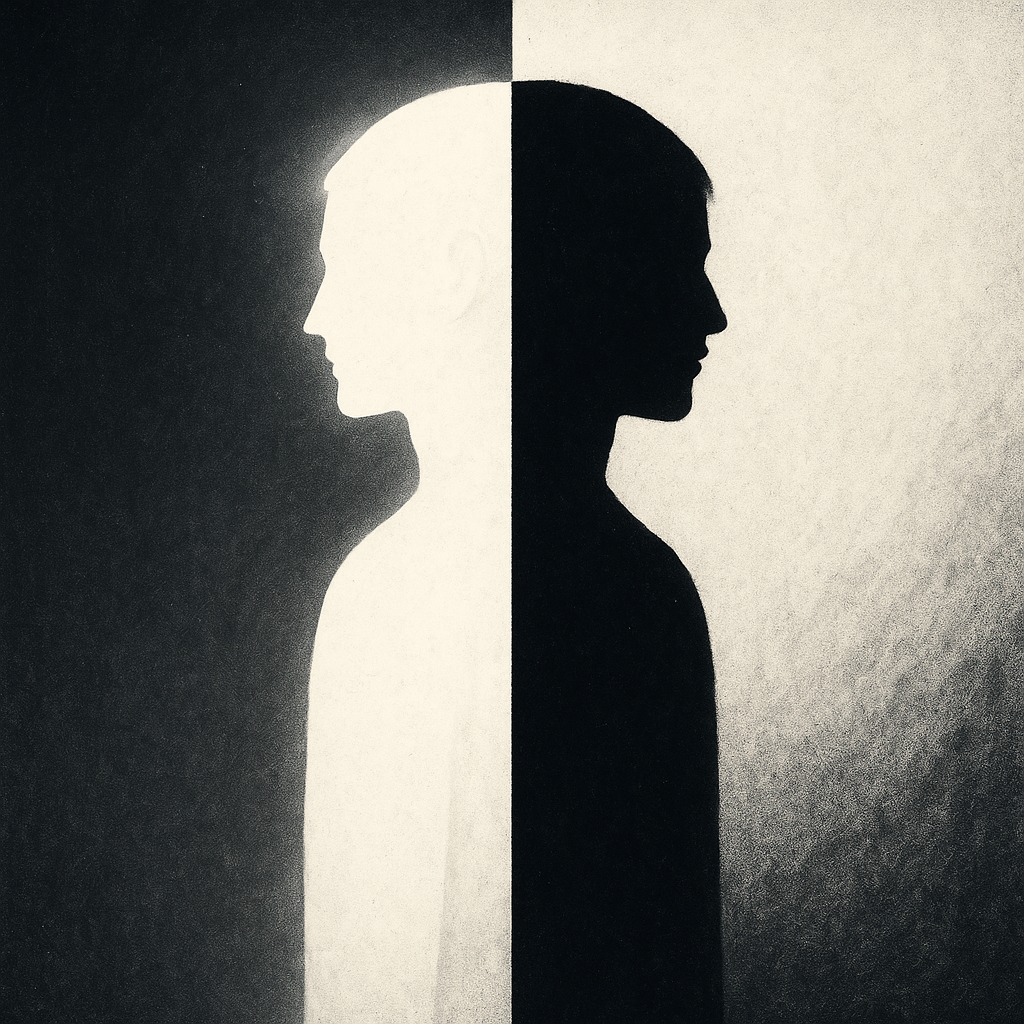The Bible is full of paradoxical truths — not contradictions, but divine reversals that challenge human logic.
It reveals that the deepest wisdom often lives where reason falters.
🕊 The Paradox of Life Through Death
“Whoever wants to save their life will lose it, but whoever loses their life for my sake will find it.” — Matthew 16:25
To truly live, one must die — not physically, but to ego, pride, and self-will.
In dying to self, one becomes alive in God.
The paradox is that surrender brings gain, and death gives birth to life.
⚖️ The Paradox of Weakness as Strength
“My grace is sufficient for you, for my power is made perfect in weakness.” — 2 Corinthians 12:9
When human strength fails, divine strength begins.
Weakness isn’t failure — it’s the opening where grace enters.
The paradox: dependence is not defeat, but divine access.
🌿 The Paradox of Servanthood and Greatness
“Whoever wants to become great among you must be your servant.” — Matthew 20:26
In God’s kingdom, authority is inverted.
True greatness is found not in domination, but in humility.
Leaders wash feet, not demand thrones.
💔 The Paradox of Joy in Suffering
“Consider it pure joy, my brothers and sisters, whenever you face trials of many kinds.” — James 1:2
How can suffering bring joy?
Because pain refines faith and reveals what endures.
We find joy not for the pain, but through it — the recognition that suffering births strength.
🔓 The Paradox of Freedom in Obedience
“Then you will know the truth, and the truth will set you free.” — John 8:32
“Take my yoke upon you… For my yoke is easy and my burden is light.” — Matthew 11:29–30
The world sees obedience as restraint.
The Bible sees it as release.
To submit to truth is to be freed from illusion — obedience becomes liberation.
🔄 The Paradox of the First and the Last
“So the last will be first, and the first will be last.” — Matthew 20:16
Divine justice flips worldly hierarchies.
The overlooked, the humble, the forgotten — they are exalted.
The proud discover that in heaven’s eyes, status is reversed.
🌗 The Paradox of Light in Darkness
“The light shines in the darkness, and the darkness has not overcome it.” — John 1:5
Darkness is never absolute.
It’s the canvas on which light is revealed.
Without shadow, we could never see illumination.
Light needs darkness to be seen.
🪞 The Paradox of Faith and Reason
“Faith is the substance of things hoped for, the evidence of things not seen.” — Hebrews 11:1
Faith begins where logic ends.
To believe without seeing is to trust in the invisible — a paradox that defies the intellect but feeds the soul.
Faith is the highest form of reason, because it chooses meaning over evidence.
🔥 Summary: The Biblical Paradox of Life
| Worldly Logic | Biblical Paradox |
|---|---|
| To live is to preserve yourself | To live is to die to self |
| Strength means dominance | Strength means surrender |
| Freedom is self-rule | Freedom is obedience |
| Suffering is punishment | Suffering refines faith |
| Greatness is being served | Greatness is serving others |
| Joy follows comfort | Joy transcends circumstance |
🌌 Conclusion: The Divine Reversal
The Bible presents life not as a straight line of logic, but as a circle of divine paradox —
a truth that turns upon itself until meaning is revealed from the other side.
- Death births life.
- Weakness hides strength.
- Losing is winning.
- Obedience is freedom.
- Darkness births light.
The cross itself is the ultimate paradox — a symbol of death that became the sign of eternal life.
In God’s design, the contradictions of existence are not errors — they are the architecture of truth.
“For the foolishness of God is wiser than human wisdom, and the weakness of God is stronger than human strength.” — 1 Corinthians 1:25

Leave a Reply